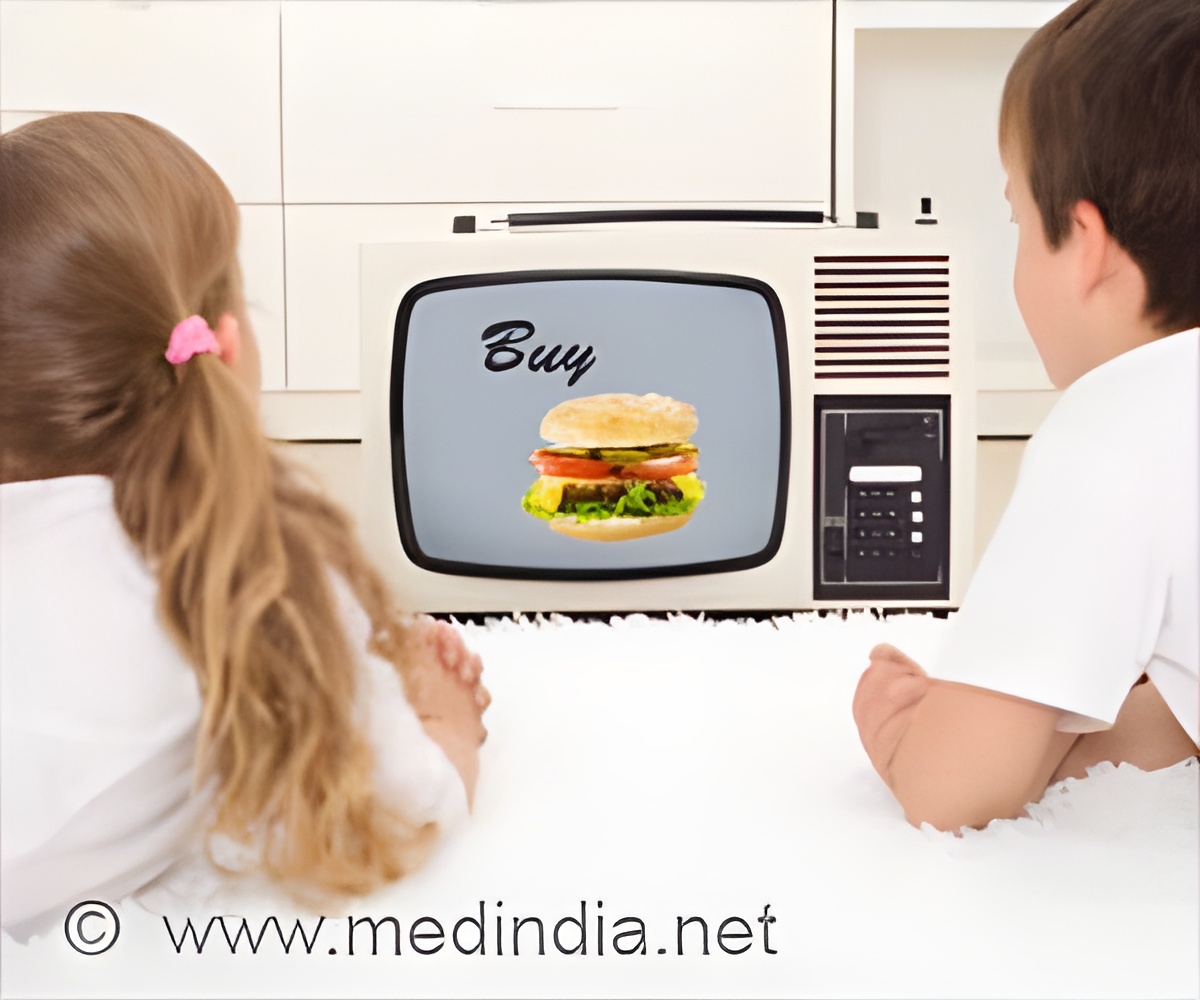
‘Young people trust vloggers the most compared to celebrities, so their endorsements towards unhealthy foods can be more impactful and exploitative.’
Tweet it Now
Vloggers' influencePhD student Anna Coates, from the University's Appetite and Obesity research group, conducted a study to examine the effect of social media marketing of snack foods (healthy and unhealthy), via vloggers' Instagram pages, on children's snack intake.
During the study 176 children, aged between 9 and 11 years, were randomly split into three equal groups and were shown artificially created, but realistic, Instagram pages of popular vloggers (each has millions of followers). One group was shown images of the vlogger with unhealthy snacks, the second group was shown images of the vlogger with healthy snacks and the third group was shown images of the vlogger with non-food products. The participants' subsequent intake of snacks (healthy and unhealthy options) were measured.
Children in the group that viewed the unhealthy snack images consumed 32% more kcals from unhealthy snacks specifically and 26% more kcals in total (from healthy and unhealthy snacks) compared with children who saw the non-food images. There was no significant difference in total kcal intake, or healthy snack kcal intake, between children who saw the Instagram profile with healthy images and those who saw the non-food images.
Impactful and exploitative
Advertisement
"Young people trust vloggers more than celebrities so their endorsements may be even more impactful and exploitative. Tighter restrictions are needed around the digital marketing of unhealthy foods that children are exposed to, and vloggers should not be permitted to promote unhealthy foods to vulnerable young people on social media."
Advertisement
Source-Eurekalert















